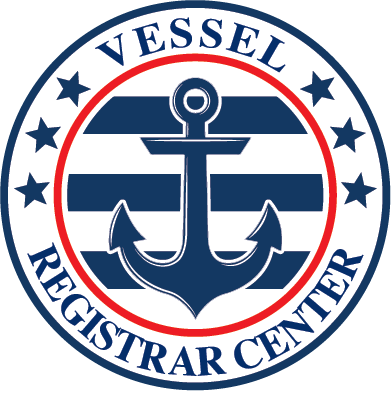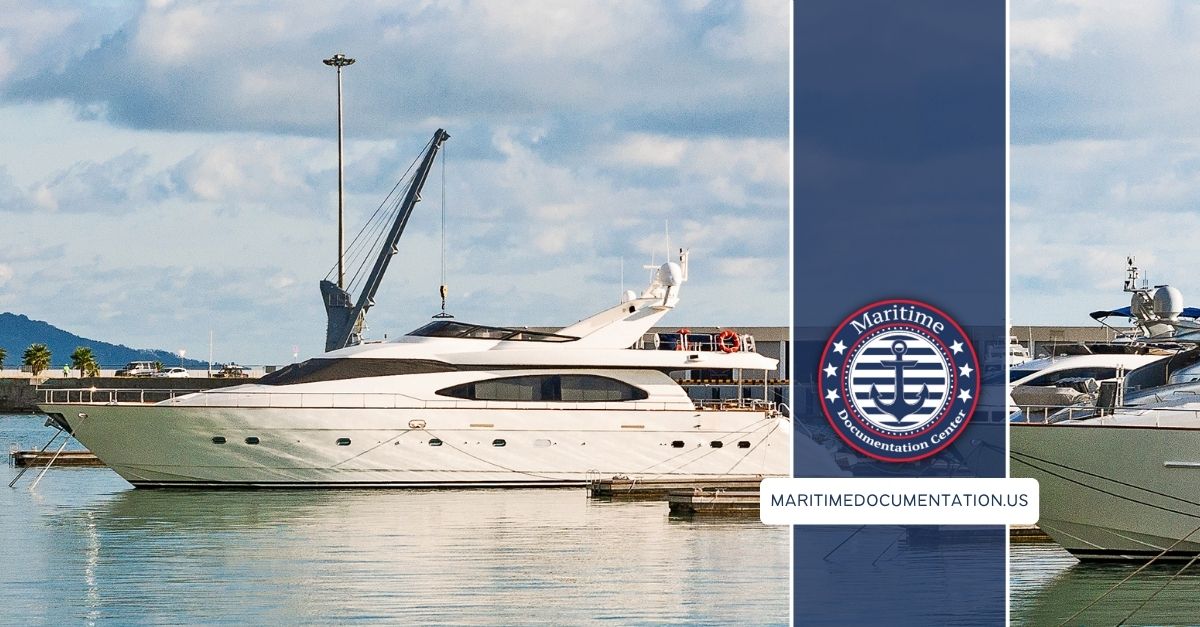When searching for a watercraft to purchase, you must consider the prerequisites established by the U.S. Coast Guard. When operating a watercraft on public waterways, the Federal Government has several stringent guidelines that must be followed. Before purchasing a boat, you must be acquainted with these regulations.
It is feasible to own a watercraft without complying with the regulations set forth by the federal government. On the other hand, if the Coast Guard finds out that you are operating your watercraft in contravention of the law, you may be subject to a monetary penalty or the impoundment of your boat.
You must submit your vessel to an inspection to determine whether it satisfies the safety requirements set forth by the Coast Guard before you can legally purchase a boat. If you’re interested in learning more about Coast Guard requirements and regulations, read on to find out more.
Registering Your Vessel with the U.S. Coast Guard
The United States Coast Guard (USCG) mandates that all boat proprietors in the country have a valid registration for them to be able to traverse the waterways of the country. If you are thinking about buying a boat, you must familiarize yourself with the regulations set forth by the U.S. Coast Guard. This will allow you to determine whether you can lawfully own and operate your boat within the United States.
The procedure of obtaining a license for a recreational watercraft is relatively uncomplicated and uncomplicated. Suppose you are at least 16 years old and can complete a written exam that evaluates your understanding of navigation regulations, seamanship, equipment use, and navigation tools. In that case, you are eligible to receive your license. You will need to acquire additional documentation for your watercraft, such as evidence of possession, insurance, and registration, all of which are mandatory requirements.
Having Proper Safety Equipment Onboard (Life Jackets and Fire Extinguishers)
More stringent rules apply if you intend to use your boat for business reasons like chartering or fishing, and boat owners must maintain more documents and take more measures to ensure they follow these standards. Every leisure vessel must be seaworthy, meaning all its passengers would be secure in the case of capsize.
A yacht that doesn’t reach these standards is unsafe and won’t be allowed to sail. One method to guarantee enough life jackets is to bring along more than the minimum number of people on board (passengers + staff). As a general rule of thumb, you should have one life raft for every individual on board, plus one more for every 100 pounds the boat can hold.
The presence of a fire extinguisher is another regulation that frequently sparks debate. The Coast Guard mandates that only one fire extinguisher be carried on board at any time.
Having Proof of Boating Education
Taking out on your boat with loved ones is a fantastic way to relax and bond. While sailing can be a lot of fun, it does take some knowledge to do it securely. A certificate in boating safety education from the Coast Guard is the first step. The Coast Guard suggests this degree of schooling for anyone over 15.
There are two components to earning this certification: passing a written test and completing training on marine safety. Details on the documentation needed to launch a yacht are available here, but in general, you need to have completed both modules within the previous five years.
However, after passing the exam and receiving your certification, you must follow all Coast Guard laws. To register your watercraft with the U.S. Coast Guard, you must first ensure it passes the official examination. The Coast Guard Auxiliary maintains an informative website called Boat Safe, where you can learn more about these procedures.
Performing Regular Maintenance on Your Vessel
The U.S. Coast Guard has rules for practically every aspect of watercraft ownership. One area, however, must be considered: care and maintenance. This can include routine maintenance like washing the vessel and checking the motor or more extensive tests like looking at the steering and propellers. Don’t be alarmed by the term “regulation,” as it’s meant solely for your safety.
It’s easy to let these things slide when you’re preoccupied, but they could mean the difference between life and death in an unexpected situation. If you’re worried about missing or making an error, many helpful tools available online will help you locate and comprehend this data in no time.
The Maritime Documentation Center is a great place to contact for information and documentation regarding your boat. Here at the Maritime Documentation Center, we have experts who can answer any questions.





